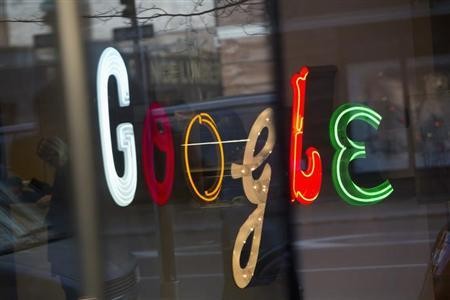A lack of diversity among Silicon Valley's tech giants has been trending news recently, putting the number of women and minority hires in the spotlight. However, a new report that explored Google Ads, used a special tool and fake profiles to discover that the search engine company's algorithm returned 83 percent more ad results for high-paying jobs to men than women. This raises the issues of pay equality and sex discrimination, and teaches lessons in diversity.
The research was conducted by Anupam Datta, an associate professor at Carnegie Mellon University. His study examined the interaction between Google Ads and Ad Settings, and made some eye-popping discoveries.
In order to examine the influence of gender on the job ad results, the researchers made 1,000 simulated users, which were half male and half female, according to Focus News. They then visited 100 employment sites.
The most shocking discoveries included one in which a Google Ad for a career coaching service that paid $200,000+ was shown to men about 1,800, times, yet around 320 times to women users.
Results were only obtained from one advertiser. Also, the researchers cannot determine if the ad results are the fault of Google, advertisers, or users.
The study's findings were the first statistical evidence of sex discrimination in online advertising, by using a type of mechanism called AdFisher. It provided "transparency control."
A Google spokeswoman responded that advertisers can select their own target audience. She also noted that it provides Google Ad notices and Settings, and gives users the ability to opt out of ads that are interest-based.
The study referred to the ads they examined to be discriminatory and even "inappropriate." User profiling was off the charts.
Google has been in hot water for other incidents involving its algorithms. Its facial recognition software recently labeled two African-American humans as gorillas, and the first female image displayed for a search of "CEO" was a Barbie doll.
There are two important lessons from these incidents. First, as computers become smarter with Artificial Intelligence (AI) and do more thinking for humans, the importance of diversity in the tech world increases. Secondly, the public should never blindly trust software algorithms.
The Obama Administration is looking into the problem of sexism, racism, and classism in search engine algorithms. Public shaming and instructions in algorithm literacy are some proposed ideas, according to Fortune.



























